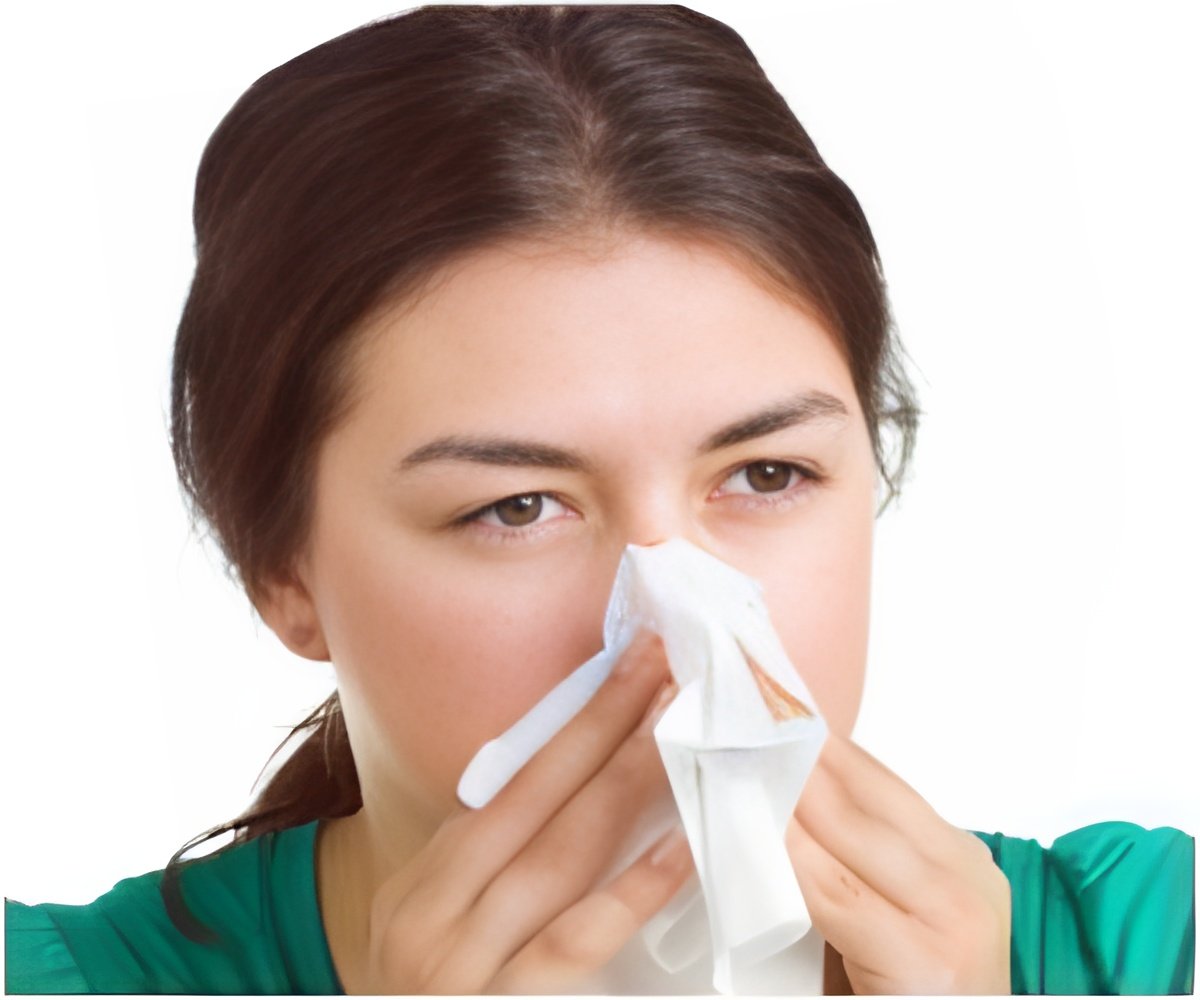Experts have warned that excessive use of blowers can cause various allergies.

With the onset of the bitter winter, cases of respiratory problems, eye infections, skin allergies, pneumonia and the likes have increased by almost three times, he added.
"Apart from the common cold and cough, allergies are common in winter. The dryness, which is further enhanced by heaters and blowers, could sometimes lead to irritation in the eyes and the skin. In the eyes, it may then lead to conjunctivitis, while the skin can become itchy, and then develop an allergy," Budhiraj said.
While keeping off heaters may not be possible, given the severe cold conditions, he advised that a mug of water can be kept near the heater so that the humidity level of the room is maintained. "There are oil heaters and those with humidifiers that are also effective".
Low intake of water during winter may also lead to problems.
"One tends to drink less water in winter, but at the same time the intake of hot beverages like tea or coffee increases. This often leads to dehydration of the body, making your immune system vulnerable to illnesses," Ashwini Gokhale, a physician, said.
Advertisement
While caution should be practiced by all, it's especially important for the very young, the elderly and those with respiratory problems. Cardiac patients too should be careful as the risk of coronary ailments increase with the dipping temperatures.
Advertisement
He also advised diabetics and those with hypertension to take extra caution.
"Diabetics, those with hypertension and heart ailments should take care to keep their blood pressure under control. Food habits also change during winter, and we often tend to eat food with high calorie and high sugar content. So care should be taken on that front," the doctor added.
Budhiraj further said that allergies because of dust and pollen also increase during winter. Coupled with the heavy smog, cities like Delhi are heavily hit.
Precautionary measures, like keeping the house dust-free, as also the curtains and shades, vacuuming the carpet once or twice a week and keeping your pets clean should be practiced.
"Most of the house allergens are inhaled during house cleaning. So cover your nose and mouth and preferably wearing a pair of gloves is advised," Gokhale added.
Source-IANS










